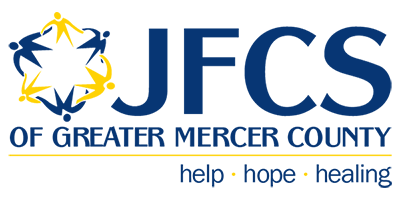
Does your heart beat faster ahead of that big test or presentation at work? Do your palms get sweaty when confronted with an overwhelming task or looming event?
If anxiety is impacting your day to day life, it is important to recognize the signs as well as your triggers. Signs of anxiety can include intense, excessive and persistent worry and fear about everyday situations (Did I reply to that email? Did that person misunderstand my tone? Did I pay that bill? Should I have said something different to my child/spouse/coworker/friend?); fast heart rate, rapid breathing, sweating, and sometimes feeling tired.
Common triggers for anxiety include existing and/or ongoing health issues, financial problems, negative thinking, stress, social events, school or employment.
In order to cope with recurring anxiety it can be beneficial to eat balanced meals, exercise, and limit alcohol and caffeine intake.
When you find yourself in a moment of heightened anxiety, try these approaches:
4 – 7 – 8 Breathing Exercise:
The following steps should be carried out in the cycle of a single breath
First, let your lips part. Make a whooshing sound, exhaling completely through your mouth.
Next, close your lips, inhaling silently through your nose as you count to four in your head.
Then, for seven seconds, hold your breath.
Make another whooshing exhale from your mouth for eight seconds.
The Five Senses Exercise:
Take a breath and look around you, wherever you are, try to notice…
5 things that you can see,
4 things that you can feel,
3 things that you can hear,
2 things that you can smell,
And 1 thing you can taste.
This technique can help focus your senses on your surroundings instead of your anxiety.
Progressive Muscle Relaxation:
Identify a specific muscle group – your hands, arms, neck, shoulder – and hold that muscle tense for five seconds then release. Work head-to-toe, tensing and releasing your muscles. By honing in on each group, you will better understand all of the muscles that can be affected by anxiety.
When you’re feeling anxious on a regular basis, about recurring commitments or events, a long-term option to help reduce your symptoms is journaling. Journaling can be narrative, as in jotting down a few experiences you had during the day and how those events, interactions or moments of inspiration made you feel. You can also try gratitude journaling, making a note of the things you experience during the day for which you are grateful. You can choose and vary how long that list is each day and how much detail you want to write.
What if journaling and breathing exercises are not helping?
Occasional anxiety is an expected part of life, however, anxiety disorders involve more than temporary worry or fear. For a person with an anxiety disorder, the anxiety does not go away and can get worse over time. If symptoms interfere with daily activities such as job performance, school work, or relationships, the best step for you is to seek therapeutic services.


